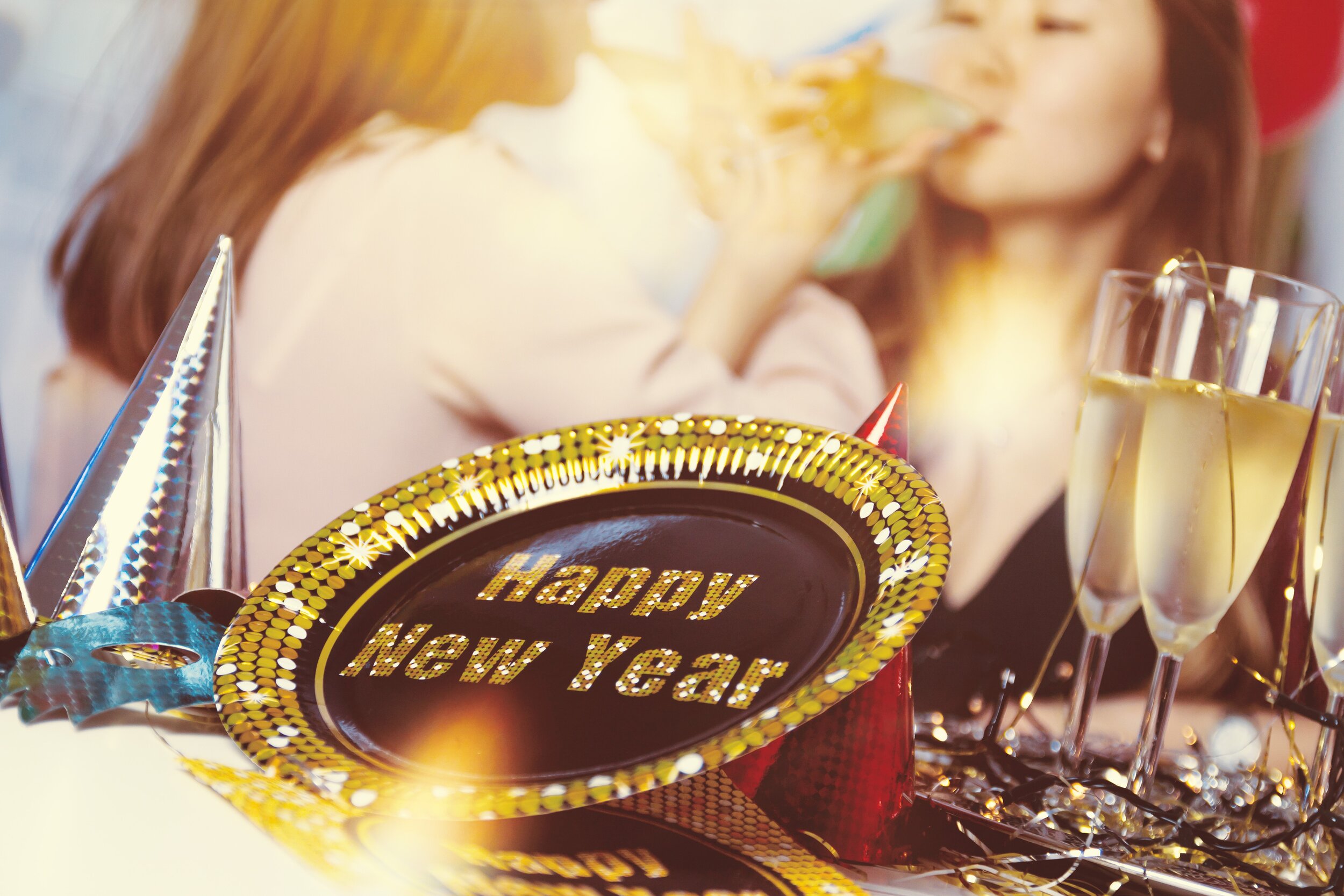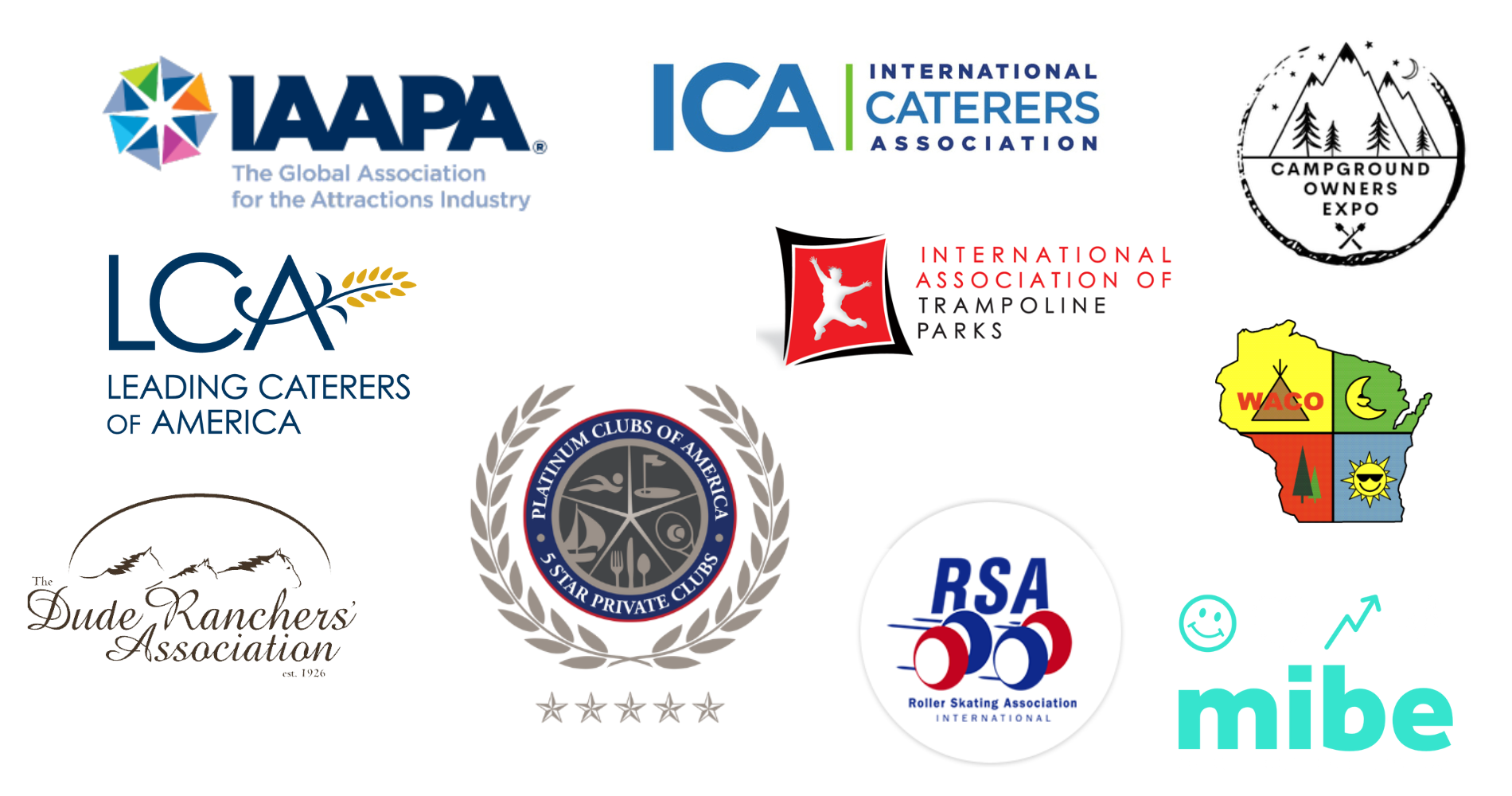What You Should Know About Catering New Year’s Eve Parties
/For most people, there’s no better way to ring in the New Year than to watch the ball drop with all of your closest friends, family, or coworkers. The holidays are over and there’s an air of excitement and hope for what the next year may bring.
For caterers, on the other hand, New Year’s Eve is understandably one of our busiest nights of the year. Corporate and social parties abound, each in demand of different foods and, of course, beverages.
There are a few things that set New Year’s parties apart from other events, so let’s explore some of the aspects you will want to keep in mind as you’re working up to midnight.
The timeline
Most events start to wind down around 10 or 11 p.m., but on New Year’s Eve, that’s really when the party is just getting started. NYE parties tend to be longer and go far later into the night. Nearly everybody has the next day off for recovery, so people aren’t shy about partying into the wee hours.
“The big difference in catering NYE events versus other events is the length of the party,” says Meryl Snow of Feastivities Events. “They are usually five to seven hours, which means five to seven hours of drinking. There are different phases in corporate and social events: cocktail hour, dinner, speeches, and dancing.”
Breaking down those hours into distinct phases and activities helps the time pass because, at the end of the day, everybody is counting down towards midnight.
Also, be sure you work with your client and their venue to set clear boundaries around the hours you’re booked. It can be hard to convince someone that you have to leave when it’s 1 a.m., so make sure everybody is well aware ahead of time when the party ends.
The alcohol
Alcohol is an inevitable part of New Year’s Eve and, for most people, it’s nearly an annual tradition. Popping champagne bottles and downing cocktails in the hours leading up to midnight is natural and keeps the party going while everybody waits for the big moment.
As caterers, it’s our responsibility to ensure the drinks keep flowing and good times don’t stop. However, we are also responsible for monitoring behavior and promoting safe drinking habits.
“Remember: the guests are there to celebrate,” reminds Snow. “A meaningful way to combat this issue is to make sure your staff is TIP certified. They are trained to prevent intoxication, underage drinking, and drunk driving by enhancing the fundamental ‘people skills’ for consumers of alcohol.
Make sure that there is water readily available and encourage people to stay hydrated throughout the night. Also, keeping plenty of food on-hand is essential. Late-night bites are always a real hit, so keep the snacks coming and try to make them as hearty and nutritious as possible. For example, a platter of sliders will manage guests’ sobriety levels (and appetites!) far better than a bowl of tortilla chips and salsa.
The staff
Your employees have outside lives, so don’t be surprised if most do not want to work on New Year’s Eve. They, too, want to celebrate the big night with their friends and family — and who can blame them?
Still, you do need to staff your events, so it’s best to offer an incentive for those who are willing to give up their New Year’s plans to work. Consider offering a one-time bonus, double pay, or extra time off.
“The biggest things with NYE events is the staff,” shares Adam Gooch of Common Plea Catering. “Unlike most other events, this night and festive time is the hardest to get staff to work. We pay double that night and bill the client accordingly, as most staff will not want to work.”
New Year’s Eve can feel like a whirlwind night of putting out plate after plate of hors d’oeuvres and talking down intoxicated guests. The more you plan for the holiday, the more seamless the night will go — however, always be prepared for the unexpected.



